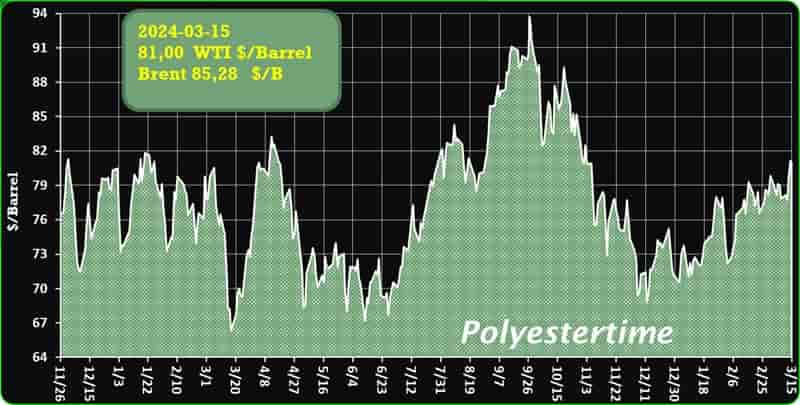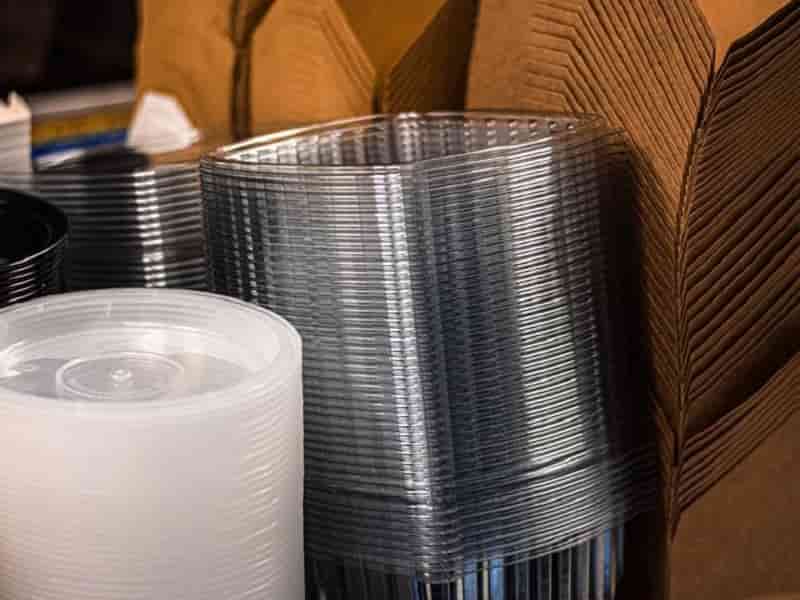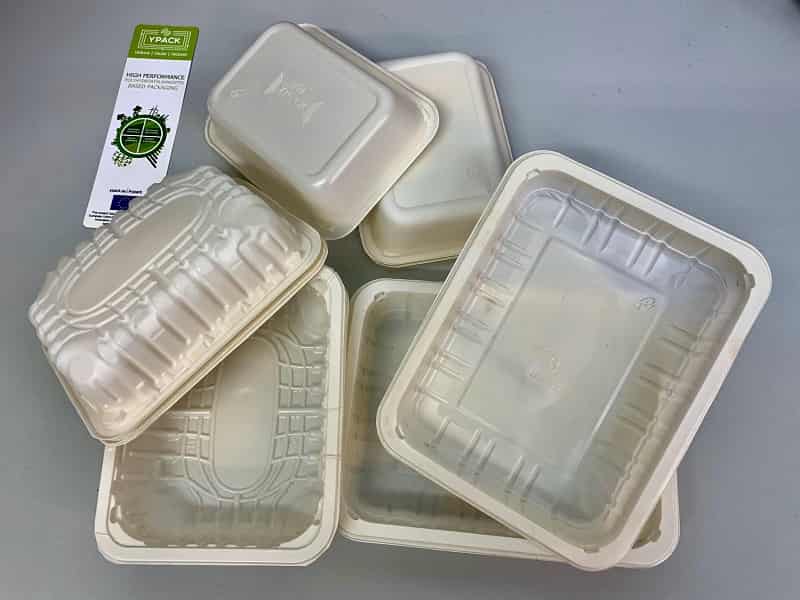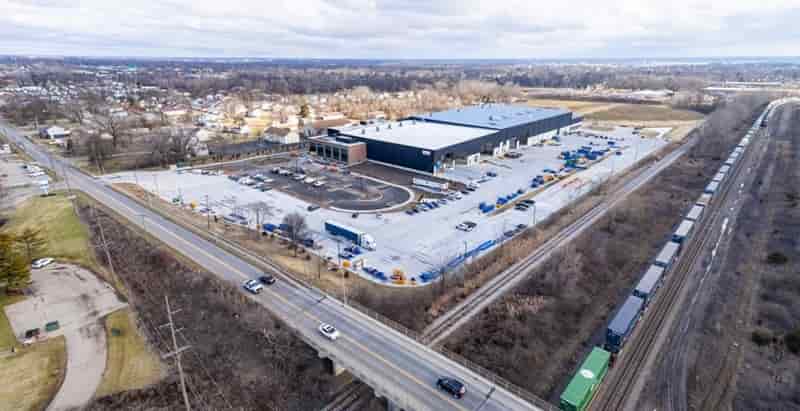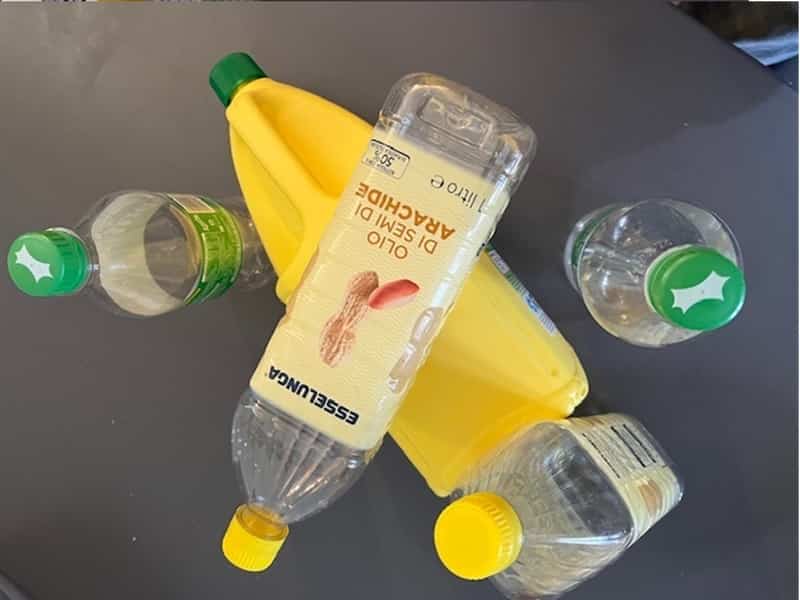Plastic waste crisis – Concerns raised over health effects of chemicals leaching from food packaging 15-03-2024
Domo Chemicals, a leading polyamide producer, has achieved ISCC Plus certification for its sites in Germany, Poland, and Italy, enabling the offering of polyamides 6 under the Technyl and Donamid brands with varied biobased or chemically recycled content.
This certification, based on certified mass balance, maintains properties and performance comparable to standard grades. Plastic waste crisis
Giampaolo Buzzi, Domo Chemicals’ Business Recycling Manager, emphasizes ongoing advancements in recycling technologies to regenerate various polyamide waste types.
Vimar, an early adopter, will utilize ISCC Plus certified polyamide 6 in its Linea civil series for electrical components, showcasing reduced environmental impact without compromising mechanical, thermal, or aesthetic qualities.
Sandro Bernardi, Vimar’s Technical Director, underscores the significance of ISCC Plus in integrating sustainable materials into demanding applications. Plastic waste crisis
This partnership reflects a shared commitment to environmental responsibility and innovation in material sourcing and product development
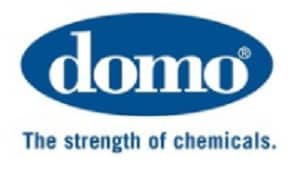
GR3N, a Swiss company founded by Italian entrepreneurs, has launched a groundbreaking PET chemical recycling demo plant in the Como area, Italy
This innovative facility utilizes microwave-assisted depolymerization technology, capable of converting textile polyester or PET waste into food-grade PET, addressing recyclability challenges. The Microwave Assisted Depolymerization (MADE) process breaks down polyester molecules into monomers like ethylene glycol and terephthalic acid, employing microwave-accelerated basic hydrolysis. The resulting monomers are purified, ready for PET polymerization, yielding new PET suitable for various applications, including food-grade purposes. Plastic waste crisis
Maurizio Crippa, GR3N’s CEO, highlights the plant’s capability to process up to 60 kg/h of waste, with plans for an industrial-scale facility in Spain, projected to produce 40,000 t/y of regenerated PET granules by 2027. This strategic location aims to combine chemical and mechanical recycling, optimizing waste management processes. While negotiations with potential licensees are ongoing, GR3N’s technology garners significant interest globally. Despite the absence of current plans for a plant in Italy, the success of this demonstration unit underscores the potential for sustainable PET recycling solutions on a larger scale, heralding a new era in waste management and environmental stewardship.
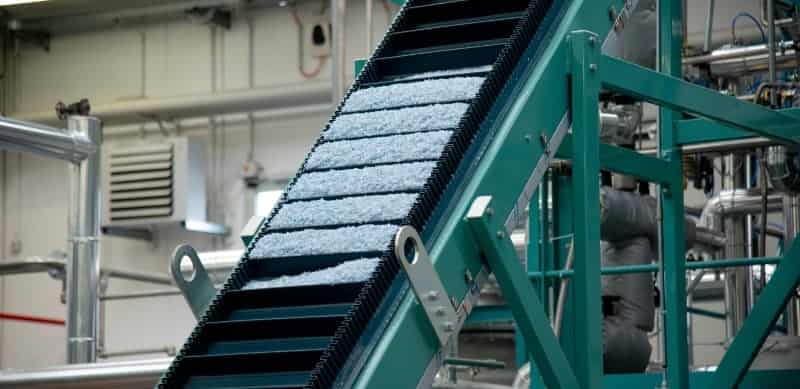
BASF proudly announces the inclusion of its MDI production facility in Geismar, Louisiana, USA, into the esteemed ranks of ISCC PLUS and REDcert2 certified plants
This expansion enables BASF to extend its offerings of locally produced ISCC PLUS and/or REDcert2 certified isocyanates and polyamides to its global clientele, according to the company. Plastic waste crisis
Dr. Ramkumar Dhruva, President of Monomers at BASF, emphasized the company’s unwavering commitment to sustainable transformation within its monomers divisions and the diverse industries it serves. He highlighted the continuous enhancement of BASF’s product portfolio, ensuring compliance with rigorous standards. “Our achievements underscore our dedication to delivering sustainable solutions and meeting the evolving needs of our customers,” Dr. Dhruva stated.
The certification of BASF’s manufacturing facilities worldwide signifies a significant milestone in supporting customers’ sustainability objectives with environmentally friendly products. Dr. Dhruva expressed satisfaction in the establishment of infrastructure to provide certified, sustainable isocyanate solutions to customers in the United States. He emphasized the company’s ability to offer tailored solutions to meet customers’ diverse product requirements effectively. Plastic waste crisis
In essence, BASF’s commitment to sustainability is reinforced through the expansion of its certified production sites, enabling the provision of eco-friendly solutions to customers worldwide, while ensuring optimal alignment with their sustainability goals.
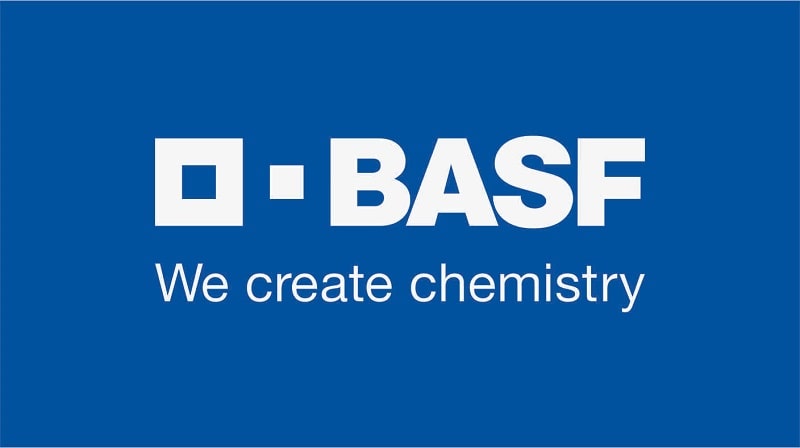
Plastic waste crisis


